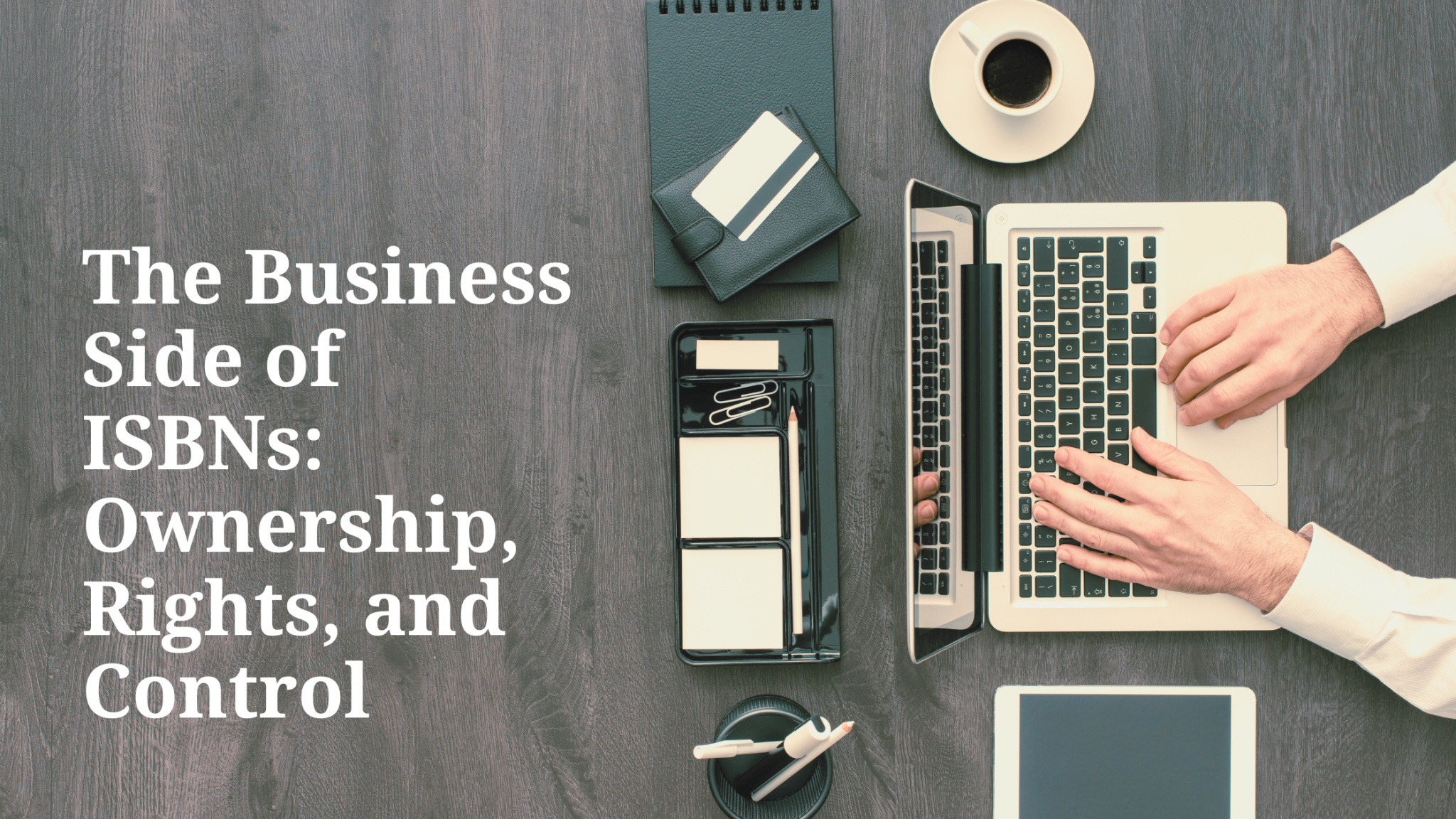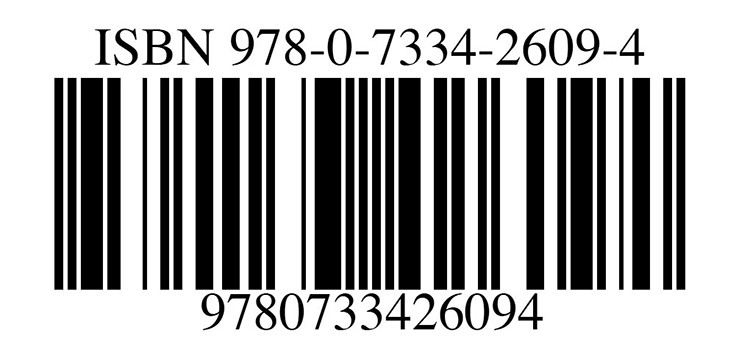
The International Standard Book Number, commonly known as the ISBN Number, is arguably the most crucial asset a book possesses in the modern marketplace, yet its business implications are frequently misunderstood, especially by new and independent publishers. While its primary function is simple, unique identification for commerce, the choice of who registers and owns the ISBN Number dictates critical factors of control, market perception, and intellectual property rights.

An ISBN Number is a 13-digit identifier used worldwide to catalogue and track commercial book products. Every format of a book (paperback, hardcover, e-book, audiobook) requires its own unique ISBN. This number is essential for:
One of the most common misconceptions about the ISBN Number is its relationship to intellectual property.
The ISBN does not convey ownership of the book’s content, nor does it register copyright.
Copyright is retained by the author or creator regardless of who holds the ISBN. The ISBN itself is owned by the registrant,the entity that licenses the number from the national ISBN agency (e.g., ISBN Service in the U.S.).
For business purposes, ownership of the ISBN is vital because the registrant controls the associated metadata. This control ensures that if the book’s price, publisher name, or distribution terms change, the original registrant is the only entity authorized to update the record globally.
For independent authors, the decision surrounding the ISBN Number is a core business strategy choice that determines their degree of control over their product’s identity.
A publisher or self-published author who buys a block of ISBNs directly from the national agency retains 100% control.
Many self-publishing platforms (such as Amazon KDP or Draft2Digital) offer a free ISBN Number to authors. This comes with a significant trade-off:
While an individual ISBN Number can cost between $100 and $125 (depending on the country and agency), buying a block of ten drastically reduces the cost per unit. This initial investment is effectively an investment in the publisher’s brand identity.
| Strategy | Publisher Name on Record | Metadata Control | Perceived Professionalism |
| Purchased ISBN | Author’s Imprint Name | Full control by Author | High |
| Aggregator ISBN | Platform’s Name | Controlled by Platform | Variable/Lower |
The ISBN Number, therefore, is not merely a cataloguing requirement; it is a declaration of commercial intent. It solidifies the publisher’s role as the definitive rights holder for the book’s distribution and marketing data, independent of any single retail or production partner. Understanding this subtle business nuance is critical for long-term strategic growth in the publishing landscape.
The ISBN Number is often relegated to a technical footnote, but its strategic weight cannot be overstated. For any author or publisher aiming for long-term commercial viability and full market autonomy, the choice to purchase and own their ISBNs is a fundamental business decision, not an optional expense. By controlling the ISBN, the publisher retains the power to manage their book’s public identity, migrate distribution channels without penalty, and solidify their brand’s legitimacy across major retailers and library systems. Ultimately, taking ownership of the ISBN means taking ownership of the book’s future. Publishers and authors must view the ISBN not as a bureaucratic hurdle, but as a strategic business asset that governs their market autonomy and the fundamental identity of their product..
A: Yes. Each distinct product format requires its own unique ISBN Number. This includes paperback, hardcover, Kindle (often optional if distributed exclusively through Amazon), ePub, and the audiobook version. This is because they are different commercial products in terms of pricing and inventory.
A: Generally, no. Minor changes like cover redesigns, typo corrections, or small text updates do not warrant a new ISBN. A new ISBN is only mandatory if there is a change that affects the book’s format, binding, or a substantial change in content (like a new edition, added chapters, or major revisions).
A: The ISBN is the 13-digit number (or 10-digit prior to 2007) that identifies the book in databases. The barcode is the machine-readable visual representation of that number, which is necessary for point-of-sale (POS) systems in retail stores to scan and process the sale quickly. The two are inextricably linked for commerce.
A: This is complicated. The ISBN is registered to a specific publisher prefix (the registrant). While you can assign a specific ISBN to a new publisher in certain circumstances, the original block of numbers remains the legal property of the original registrant. This is why using a free aggregator ISBN makes it virtually impossible for an author to later transfer it to their own imprint.
